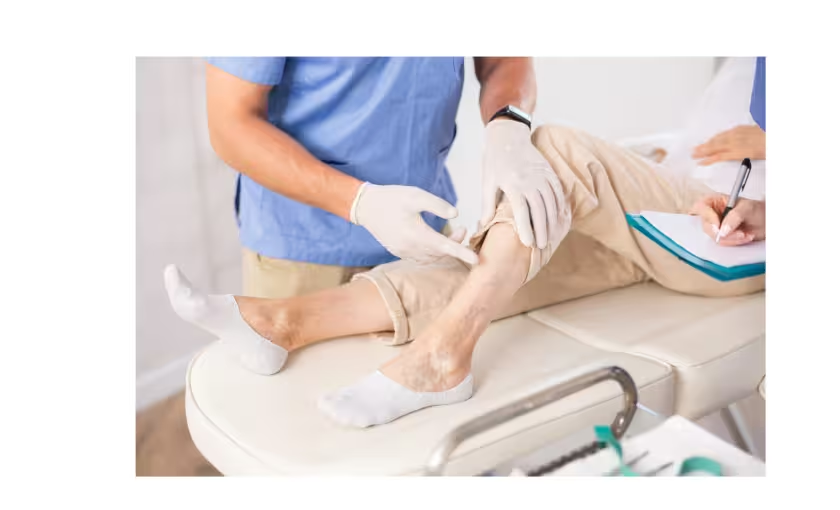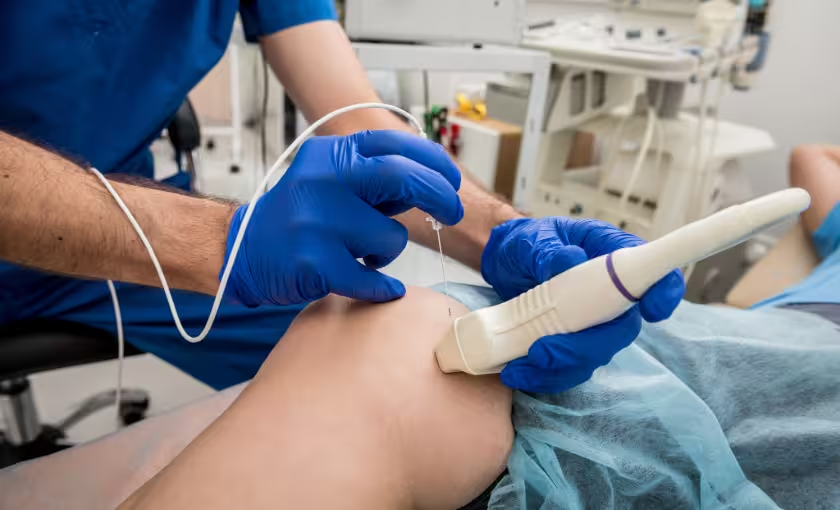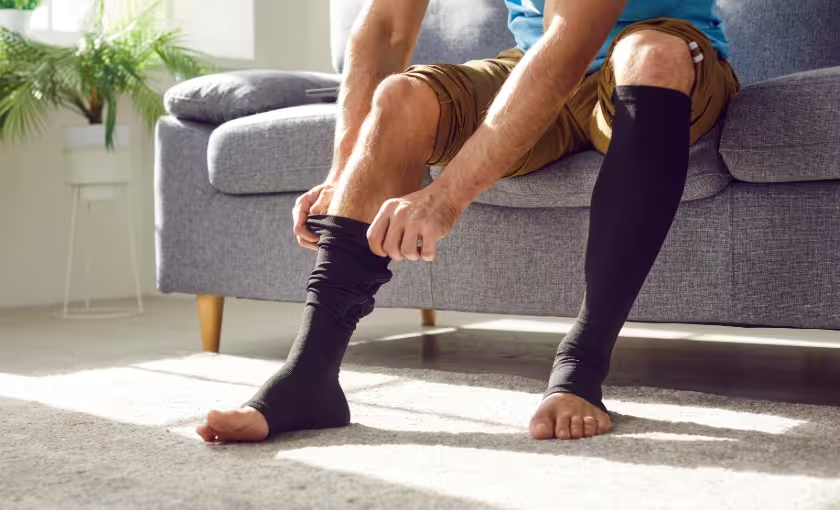Surgery VS. Laser: Which Varicose Vein Treatment Is Best for You?

Are you dealing with troublesome or painful varicose veins? Well, you are not alone, as thousands of people are dealing with these difficult veins as well. On the bright side, there are numerous treatments for varicose veins, including surgical and minimally invasive options. One type of minimally invasive treatment that has been on the rise because of its effectiveness is laser vein treatment. Realistically, the right type of treatment varies with a person’s particular case, so you may be wondering: Is surgery or laser treatment the best route for me?
What Are the Surgical Options?
There are two primary surgical procedures for addressing varicose veins: ligation and vein stripping. With ligation, a small incision is made and the greater saphenous vein is tied off. Vein stripping involves making incisions and actually removing varicose veins. Vein stripping typically requires general anesthesia to make the patient comfortable. Both of these procedures have been used for years, but they tend to be less commonly used now because of easier modern methods.
What Is Laser Vein Treatment?
Laser vein treatment for varicose veins is called Endovenous Laser Ablation, or EVLT for short. This is considered to be a minimally invasive type of treatment. Only a local anesthetic is required for EVLT. The procedure involves inserting an optical fiber through a catheter into the problem vein and dispersing laser energy into the walls of the vein. This produces heat and causes the vein to collapse as the catheter is pulled through the vein. When the vein collapses, the blood is rerouted to healthier veins. The damaged vein will turn into scar tissue and eventually be reabsorbed into the body. In many cases, endovenous laser ablation is less expensive than vein stripping or ligation, but this can depend on the extent and amount of veins to be treated.
Recovery Time for the Procedures
The recovery time for varicose vein surgery and laser vein treatment differ greatly. Because surgery for veins involves more incisions and cutting, it can take a few weeks to fully recover and heal. In contrast, with laser ablation, you can typically return to your normal activities within 24 hours, though you should avoid heavy exercise. Furthermore, any pain or other symptoms will usually fade within 5 days or so. Typically, those who receive EVLT tend to experience much less pain than those who choose surgical approaches to varicose veins.
What Is the Right Treatment for You?
The bottom line is that the right treatment for you depends on your particular case and history of varicose veins. Consult with your doctor about what the best option would be. Laser ablation is great, but it may not be able to address more extensive cases of varicose veins. Your doctor can review your case and determine which treatment option is ideal or refer you to a vein specialist with more extensive knowledge.
Are You Looking for Treatment for Varicose Veins?
At BASS Vein Center, we are equipped with the best vein specialists and vascular surgeons to meet all your vein needs. If you want treatment for varicose or spider veins but are unsure which treatment is for you, give BASS Vein Center a call at (925) 281-5912. We have vein clinics that serve Alameda, Alamo, Antioch, Berkeley, Brentwood, Concord, Danville, Lafayette, Oakland, San Ramon, and Walnut Creek. We can talk you through each process and answer any questions or concerns you may have. If you are ready to come into our vein centers, schedule an appointment today!
Take the First Step to Ending Annoying Varicose Vein Discomfort.






.svg)


